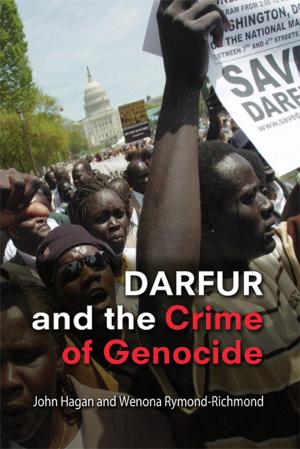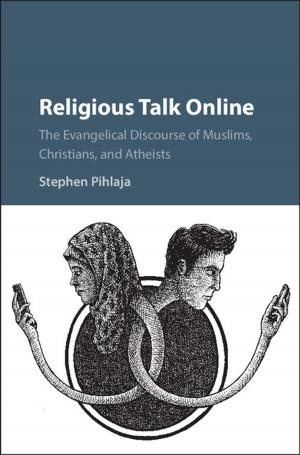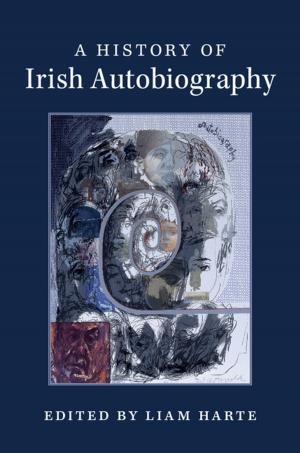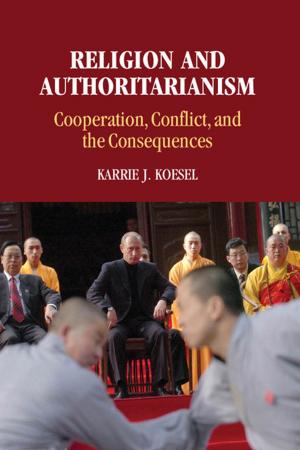Gentlemanly Terrorists
Political Violence and the Colonial State in India, 1919–1947
Nonfiction, History, Asian, India, Social & Cultural Studies, Political Science| Author: | Durba Ghosh | ISBN: | 9781316946985 |
| Publisher: | Cambridge University Press | Publication: | July 14, 2017 |
| Imprint: | Cambridge University Press | Language: | English |
| Author: | Durba Ghosh |
| ISBN: | 9781316946985 |
| Publisher: | Cambridge University Press |
| Publication: | July 14, 2017 |
| Imprint: | Cambridge University Press |
| Language: | English |
In Gentlemanly Terrorists, Durba Ghosh uncovers the critical place of revolutionary terrorism in the colonial and postcolonial history of modern India. She reveals how so-called 'Bhadralok dacoits' used assassinations, bomb attacks, and armed robberies to accelerate the departure of the British from India and how, in response, the colonial government effectively declared a state of emergency, suspending the rule of law and detaining hundreds of suspected terrorists. She charts how each measure of constitutional reform to expand Indian representation in 1919 and 1935 was accompanied by emergency legislation to suppress political activism by those considered a threat to the security of the state. Repressive legislation became increasingly seen as a necessary condition to British attempts to promote civic society and liberal governance in India. By placing political violence at the center of India's campaigns to win independence, this book reveals how terrorism shaped the modern nation-state in India.
In Gentlemanly Terrorists, Durba Ghosh uncovers the critical place of revolutionary terrorism in the colonial and postcolonial history of modern India. She reveals how so-called 'Bhadralok dacoits' used assassinations, bomb attacks, and armed robberies to accelerate the departure of the British from India and how, in response, the colonial government effectively declared a state of emergency, suspending the rule of law and detaining hundreds of suspected terrorists. She charts how each measure of constitutional reform to expand Indian representation in 1919 and 1935 was accompanied by emergency legislation to suppress political activism by those considered a threat to the security of the state. Repressive legislation became increasingly seen as a necessary condition to British attempts to promote civic society and liberal governance in India. By placing political violence at the center of India's campaigns to win independence, this book reveals how terrorism shaped the modern nation-state in India.















